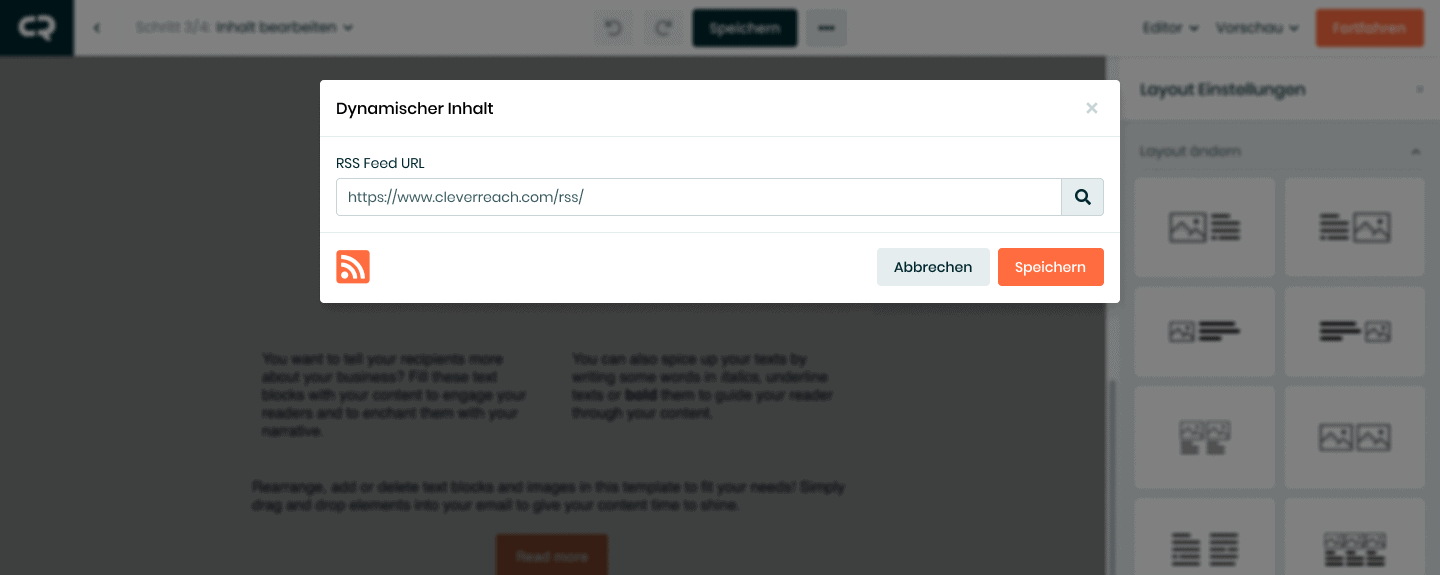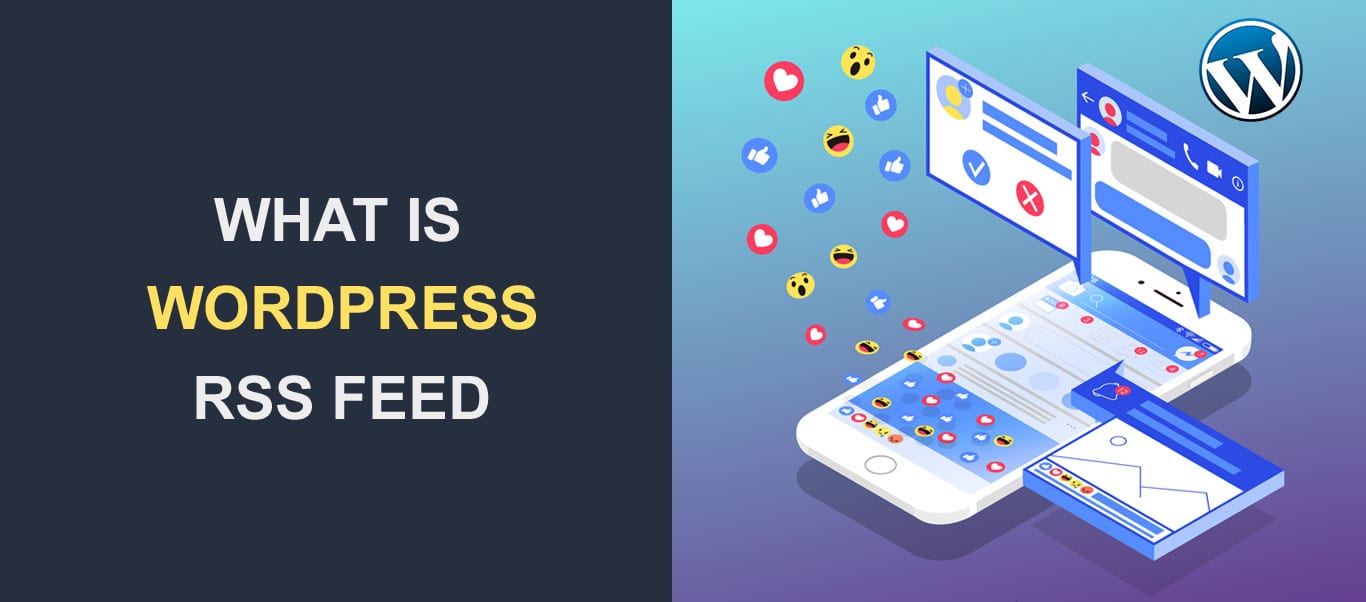
Oracle Eloqua, a SaaS platform for marketing automation, helps marketers engage and gain customers. It also tracks their behavior and converts prospective clients into customers. The platform's features include an email automation system, a canvas for planning marketing campaigns and tracking visitor behavior. It also stores information about tracked clients and customers, such as names, job title, email and addresses.
Eloqua offers a B2B focused marketing automation solution with tools for all types of marketers. It automates marketing campaigns to increase revenue. It features a flexible interface and advanced analytics. The platform uses a drag and drops design and doesn't require special coding expertise.
The admin interface is also powerful, allowing marketers to control and customize their marketing campaigns. Users can view and edit their marketing data, as well as create and manage lists and segmentation in their CRM database. Eloqua and Salesforce can also be integrated to streamline the management sales leads and customers.

Marketo competes with Eloqua. Both offer many of the marketing automation features that Eloqua offers, including an email editor, A/B test, and lead score. It is more cost-effective than Eloqua and offers a free trial period for new users. The customer service is available by phone, email and online documentation. The community is active and large, with thousands ideas, questions and answers shared by other marketers.
Platform offers marketers a wide range of templates they can use to create their own custom marketing campaigns. The platform offers a range of templates, including a welcome sequence, email nurture tracks and different landing page designs. Additionally, it integrates with many third-party software applications such as ion, BOARD and MediaValet.
It is important to note that while the Eloqua user interface is similar to that of Marketo, there are some key differences. Eloqua has a much more intuitive and sophisticated organization system compared to Marketo. Eloqua also has more sophisticated program types than Marketo.
Marketo, unlike Eloqua's canvas, uses a program for all assets that are related to a marketing initiative. A program can be used to define the mechanisms that drive an initiative. These include a smartlist or nurture track as well as an internal/external telephone call.

Eloqua's limit on the number of custom fields for a lead is 250, whereas Marketo has no such limitation. This allows marketers to save more information about leads and improves quality of reporting. It also means that a core audience list can be used for every campaign, rather than having a separate list for each nurture track, as is the case with Eloqua. Marketo can also support multiple picklists in a single form and sort them dynamically.
FAQ
What is SEO automation?
Automation in SEO means the use technology to automate marketing-related tasks. It can save time and reduce costs while making campaigns run more efficiently. Automation can simplify SEO activities like content creation, keyword search, link building and SEO recommendations. Automated SEO solutions use data-driven analysis to identify high value opportunities that would otherwise be difficult to discover using traditional search engines optimization methods.
These days, there's almost nothing related to SEO that can't automatically be done--and that includes everything from monitoring website performance and competitor insights to optimizing your content for better search engine rankings.
Automation works in the background so teams can focus on strategic initiatives and not get bogged down in manual tasks. Automation helps deliver rapid improvements across a wide range of metrics to maximize ROI while saving valuable resources.
You can also keep up to date with all changes happening across different search engines. This allows you make sure that your website remains competitive within a rapidly changing digital landscape.
Automation can also help you create and distribute content more efficiently. Automated SEO tools make it easy to create keyword-rich content that is relevant to your target audience. You can also use automation to schedule and publish content on various channels, including social media, blogs, and websites. This will ensure that your content reaches more people and is visible on search engine results pages.
Marketing automation is the future
Marketing automation refers to the use of software and technology in order to automate, measure, and streamline marketing tasks. This allows for the freeing up of manual resources to perform more complicated tasks such as analyzing customer behavior or creating personalized engagement campaigns. It helps marketers save time and energy by automating repetitive tasks such as segmentation and testing campaigns, personalizing them, tracking customer visits and behavior, and managing customer engagements across all channels.
The future of marketing automation lies with its ability make customer journeys easier and more easily understood. By tapping into richer data sources such as social media platforms or connected devices, marketers will be able to track customer journeys across channels in order to create personalized experiences that engage customers at every touch point. This will enable them to develop strategies that are not only agile but also highly targeted.
Marketers will be able to automate their decision making with artificial intelligence (AI). This will make campaigns more efficient. AI-powered bots automate repetitive tasks like scheduling emails and answering simple FAQs from customers. This allows marketers the freedom to concentrate on important tasks that require human insight, such as refining a content strategy or understanding customer sentiments about specific products.
Finally, with an increased acceptance of marketing automation tools among smaller businesses along with advancements being made in predictive analytics technologies which help generate insights from data collected via marketing automation; it's safe to say that automated marketing will continue to rise in popularity as we approach 2021.
Marketing automation can be a powerful tool to help businesses compete in today's market. With the right tools, businesses can save money and provide personalized customer service. Businesses can improve customer satisfaction and respond rates by using customer segmentation. As technology continues to evolve, marketing automation will become increasingly important in helping businesses stay competitive and succeed in the future.
Can I automate WordPress?
Automated WordPress takes the manual processes associated with managing a WordPress website and automates them. Automated WordPress makes it easier to keep your website up-to-date, make changes quickly, protect it from malicious attacks and track user activity.
Automated WordPress allows for automatic content updating on the server. This is done without the need to modify the code. It makes site maintenance easier by backing up files and restoring deleted data. Automated WordPress integrates security solutions to detect any potential threats that could affect your website.
Automated WordPress tools can be used to gather data about site visitors. This includes demographics and browsing patterns. This data can help you develop better marketing strategies and other initiatives.
Automated WordPress improves efficiency, reduces workloads, and makes it easier to manage websites today. It can simplify repetitive tasks and provide valuable insight into how users interact with your website - which will help you make smarter decisions.
Businesses can take advantage of marketing automation tools in order to streamline their operations, as well as the benefits of WordPress automated. Automated marketing solutions enable businesses to automate and track the performance of their campaigns in real-time. With these tools, businesses are able to quickly create campaigns, target certain customer segments, measure the effectiveness of their efforts, and monitor their progress. This allows businesses to save time, money, and make sure they reach the right people by using the right message.
Marketing automation: Is it a skill?
Marketing automation goes beyond being a tool. It's a skill. It takes planning and precision, an industry-specific understanding and analytics, as well as the ability to think outside of the box and come up with creative ways to approach your tasks.
The difference between success and failure is knowing where and when to send campaigns. Crafting emails that will resonate with each recipient needs to be thoughtfully tailored around their needs, interests, preferences, and behaviors.
Tracking performance metrics, analyzing data points, and targeting the right audience at just the right time are all essential components of marketing automation - applied both properly and carelessly can lead to mutually exclusive outcomes.
Marketing automation is a skill that must be treated as such. It takes focus, time, and effort to make it perform the way you want.
Statistics
- Even if your database is currently filled with quality leads, how effective will your marketing automation be when you've either converted all those leads into customers or when your database begins decaying by ~22.5%/year? (hubspot.com)
- The stats speak for themselves: Marketing automation technology is expected to show a 14% compounded annual growth rate (CAGR) over the next five years. (marketo.com)
- Marketing automation is one of the fastest-growing technologies out there, according to Forrester's Marketing Automation Technology Forecast, 2017 to 2023. (marketo.com)
- Automator can probably replace 15% or more of your existing plugins. (automatorplugin.com)
- While they're doing that, their competition is figuring out how to get more out of the 99.99% of the market that's still out there. (hubspot.com)
External Links
How To
How can I use automation for personalizing my content marketing efforts
Automated Personalization leverages data-driven insights as well as automated technology to personalize content for different people, interests, and behaviours. This allows you build personalized marketing experiences based upon how each person interacts. Automation can increase the relevancy and effectiveness of your message via segmentation targeting, optimization strategies, and targeting.
If you can tailor your content to specific audiences' needs and preferences, your brand will be more successful in engaging them. Automating processes also frees up time and other resources so you can focus on bigger-picture tasks like creating high-quality content or strategizing ways to better reach desired audiences.
Segmentation is how personalization gets off the ground: breaking down your audience into smaller chunks so you can target them more accurately. This can be automated using past behavior patterns to create segments that are based on language and interests. From there, you can craft messages designed for each group; allowing for a more tailored approach than simply blasting one message across the entire platform.
Targeting is a part of segmentation. Once the audience has been separated, it's time for messaging to be perfect by landing appealing offers and ads at the right times. This could involve targeting certain pages or channels in an email or placing banners within micro-targeted locations. Leveraging data intelligence helps to transcend traditional methods of finding leads such as direct mail campaigns or cold calling.
Optimization is the final step. This allows marketers to make small adjustments to ongoing campaigns to achieve better results. Customers can also be personalized messages based on their actions. Businesses have powerful tools available to them that allow them to analyze past campaigns and make real-time adjustments to ensure their customers are getting customized messages when it's most convenient.
Automated personalization streamlines content marketing efforts. It allows brands to quickly segment audiences and optimize engagement with real-time data analytics adjustments.